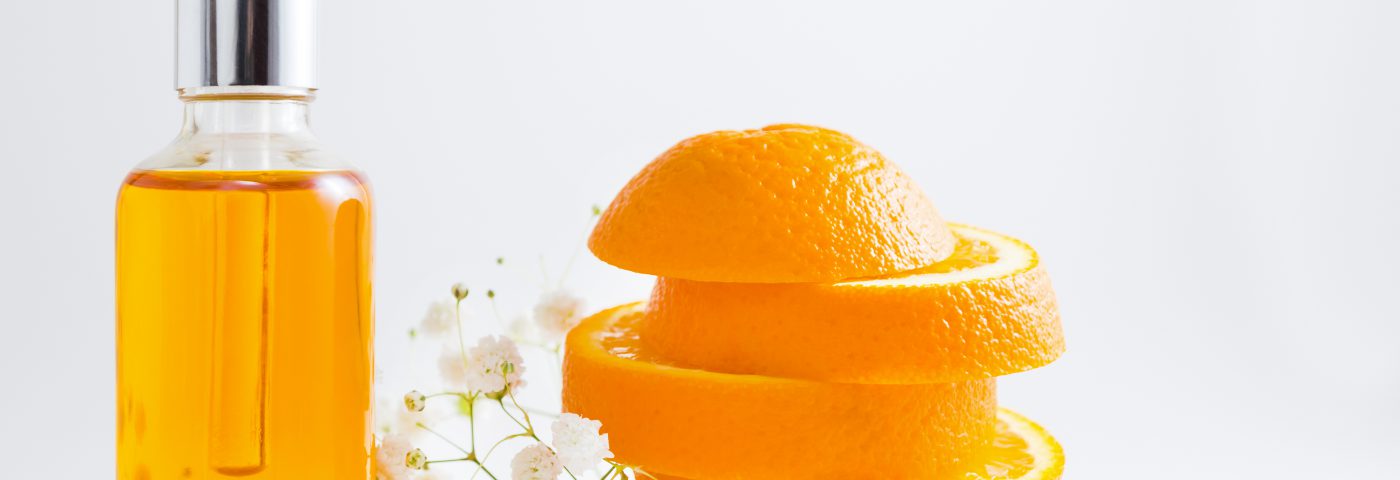By Simon Pitman
The Covid-19 pandemic has led a lot of the big names in the cosmetics ingredient and formulation business to hold back launches until later on in the year. The fact that many industry events have had to be postponed has also played a significant factor in this decision.
However, despite the uncertainty, a number of companies have decided to go ahead with new ingredient launches, many of which demonstrate cutting-edge science and innovation. Here we bring you some of the most eye-catching new products to be unveiled in recent weeks.
In this ingredients news round-up we bring you seven new ingredients from six different companies that cover the globe. These ingredients cover a wide range of applications, but they also underscore several key trends, including the dominant natural and sustainability themes, as well as key formulations trends such as sensorial, microbiome and biotechnology.
(Sponsored) Mibelle Biotechnology reveals Alpine Rose Active
Swiss active ingredients player Mibelle Biotechnology has turned to organic farmers in the Swiss Alps, who grow Alpine Rose plants at altitude, to develop an extract known as Alpine Rose Active.
The product claim is that it rejuvenates the skin through an anti-ageing concept known as senolytics. This works by targeting fibroblasts in the dermis that have been damaged to the point where they become ‘zombie cells’, existing in the skin in a senescent state leading to inflammation.
Tapping into senolytics, the active ingredient helps to clear the senescent skin cells while leaving the healthier cells unharmed.
BASF launches two haircare ingredients
One of the biggest ingredients providers in the world, BASF, has launched Luviset 360, a styling polymer for strong and flexible hold, together with Scalposine, a microbiome ingredient that aims to detox the scalp and promote a healthy microbial diversity.
Luviset 360 has been designed for a wide range of final styling products, including creams, waxes and gels, but what makes it stand out for formulators is the fact that it needs less carbomer thickener to achieve the right viscocity, while also having self-thickening capabilities.
Scalposine taps into the growing consumer interest in both scalp care and the skin’s microbiome. While promoting the right scalp bacteria, it is also said to reduce sebum, leaving the scalp with less flaky skin and helping to reduce the appearance of greasy hair.
Pola Chemical and Hitachi Zosen launch plant-based polymers
In Japan, Pola Chemical and Hitachi Zosen has formed a partnership that will provide sustainable plant-based polymer that can be used as raw material in cosmetics and personal care, as well as for packaging.
The biopolymer is derived from the Tochu tree and according to the development team it has high flexibility, is impact-resistant and is a water repellent.
The partnership will mean that the companies will be working towards developing both cosmetic containers and raw materials, primarily for skin care products.
Geltor launches Elastopur
California-based biodesign company Geltor has launched a biotechnology-derived elastin ingredient, called Elastapure.
The ingredient builds on elastin’s ability as a protein to stretch and recoil the skin, an ability that tends to be lost with ageing. It has also demonstrated antioxidant properties, while having the largest molecular weight of any elastin on the market.
However, being 100% plant-based the ingredient has zero human or animal inputs, which means it can carry both vegan and cruelty-free claims.
P2 Science launches Citropol Emollients
US-based P2 Science has launched a new range of emollients called Citropol. The range has several unique product claims, including the fact that it is derived from forest-sourced terpenes.
Citropol is said to impart high-level lubricating properties for a wide range of cosmetic formulation, at dosing levels as low as 1%.
The development team claims it has a slippery, silky sensorial qualities and is compatible in both skin and hair care formulations, while also having moisturizing and deodorizing properties.
Ashland reveals night-time skincare ingredient
Global player Ashland has launched Nightessence, a biofunctional natural extract of lavender flowers that focuses on the skin’s needs during sleep, allowing a ‘reset’ for the day ahead.
According to the development team, the ingredient also relies on patented RNA technology, promoting the revitalization of skin overnight to leave a renewed and illuminated complexion in the morning.
Ashland’s development process focused on the biology of the skin at night, a process known as noctology, to give the ingredient properties that help rebuild damage caused by lifestyle, visible light and sun.
Laboratoires Expanscience ingredient targets under eye area
France-based Laboratoires Expanscience has launched ‘Number 6’, an ingredient based on avocado extract that is said to reduce dark circles and puffiness under the eyes.
Derived from avocado by-products, the ingredient got the number ‘6’ because it is the sixth ingredient in the company’s range to be developed from this upcycled material.
According to the company’s trials, the ingredient showed a 10% reduction in the number of dark spots around the eyes and a 12.5% reduction in eye puffiness.



